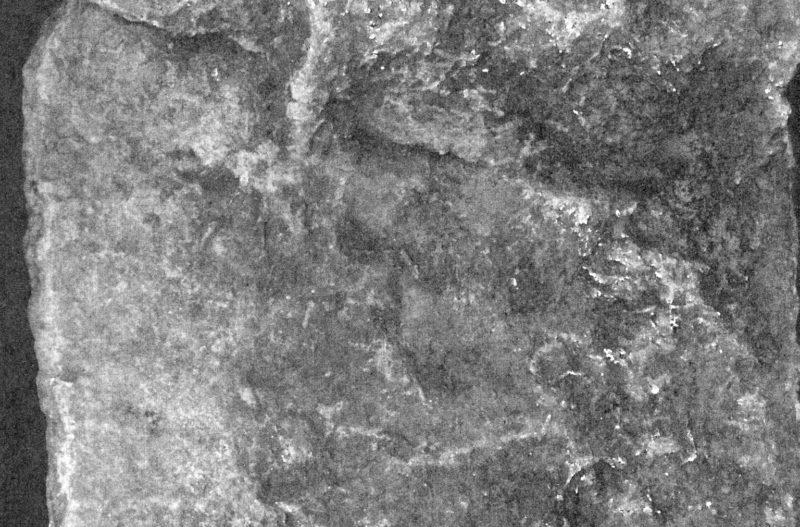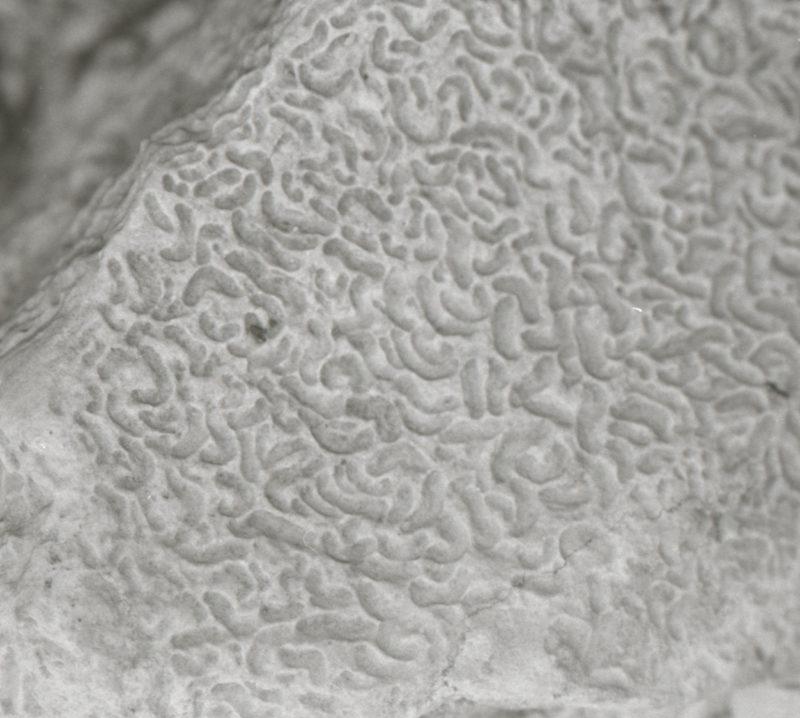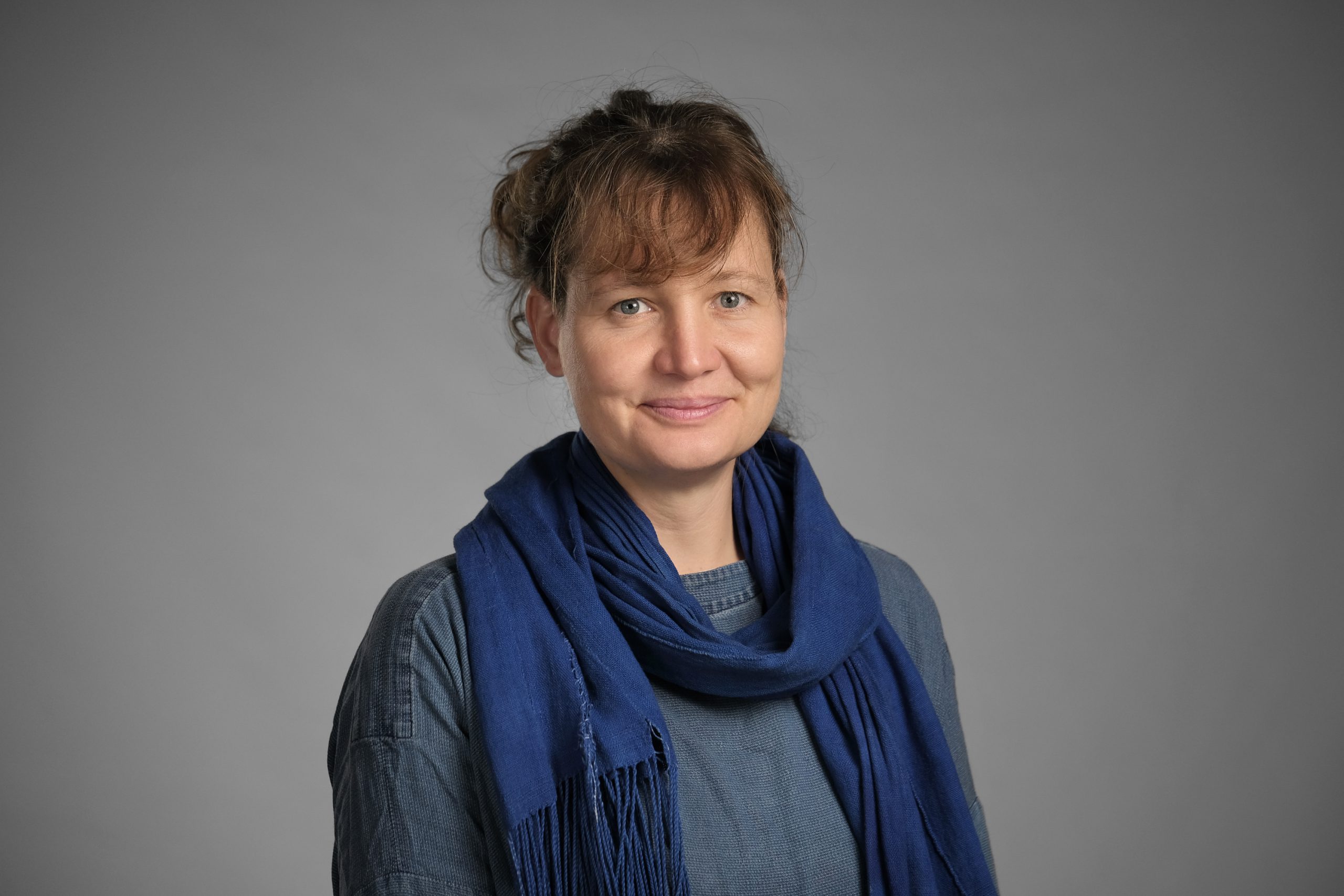
Livia Cahn
Digging into Core Collections: Underground Environments
An ethnographic inquiry into how two historical collections of drill core samples are written into contemporary climate discourses related to the underground.

Livia Cahn
The underground is culturally associated with the unseen, relegated as a place of burial and darkness. Yet, so much of contemporary consumer society is also built upon the extraction of underground minerals. The extraction of oil, gas, and precious metals for technology, raw materials for construction, and gems is a process preceded by underground studies that usually involve drill cores. Similarly, the other end of politics of extraction consults cores, for instance, for nuclear waste burial. Before being extracted, drill cores are indistinguishable from the surrounding rocks. They become samples while reaching the surface. These samples seek to overcome technical difficulties that humans encounter in trying to grasp the underground and are mostly studied by geologists. Geology puts together pictures of vast territories and timescales. To do so, geologists work with fossil records, minerals, rock samples, lake and ocean sediments, stalactites and stalagmites, meteorites, and soil maps. Cores have the particularity of going very deep underground (up to several kilometers). These incursions at great depths make core sampling an expensive and complex affair that requires specialized machinery, a lot of time (sometimes years), and thus budgets rarely affordable by research institutions, partly a reason why cores are kept and studied over and over again. This ethnographic research starts with two existing drill core collections in Belgium that date back to the late 19th century. These existing cores continue to be consulted today to inform the placement of wind turbines and geothermal energy plants. This research is interested in how the cores are consulted to answer questions not asked when they were first dug up.
Livia Cahn is a Ph.D. student at the Rachel Carson Center, LMU Munich. Contact: livia.cahn@rcc.lmu.de

